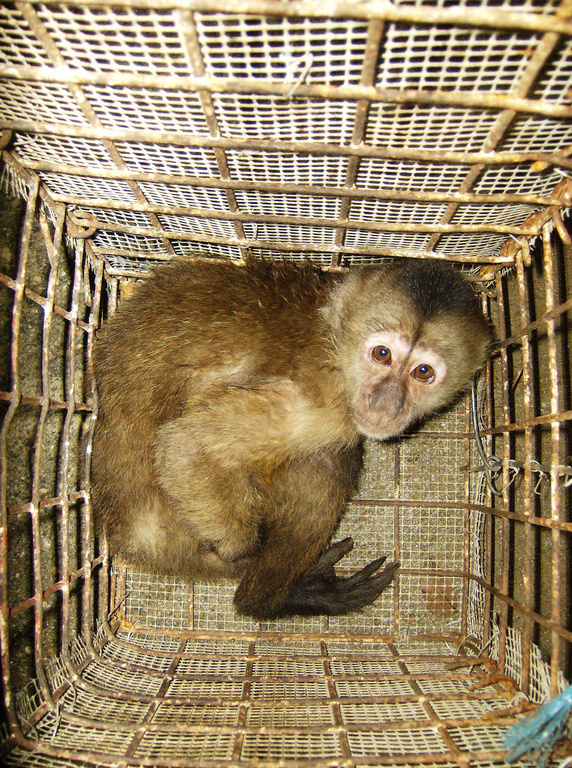pandemic prevention language passes in the House
pandemic prevention language passes in the House

(Washington, D.C. – September 24, 2021) – Last night, the U.S. House of Representatives took a critical step toward stopping wildlife-borne diseases —like COVID-19—from spilling over into human populations. The National Defense Authorization Act (NDAA), which passed the House 316-113, contained important language designed to protect against future pandemics by phasing out dangerous live wildlife markets and cracking down on the illegal wildlife trade—both of which are responsible for wildlife diseases infecting people around the world.
The bipartisan language, staunchly supported by the International Fund for Animal Welfare (IFAW), and introduced by Representatives Mike Quigley (D-IL-5), Fred Upton (R-MI-6), Ro Khanna (D-CA-17), and Brian Fitzpatrick (R-PA-1) vastly expands the U.S. Fish and Wildlife Service’s law enforcement attaché program to combat wildlife trafficking, and allocates $300 million a year towards programs that reduce demand for consumption of wildlife from wildlife markets and support shifts to sustainable alternative food sources while ensuring that existing wildlife habitat is not damaged as part of the process.
The language included in the NDAA was modeled on the Preventing Future Pandemics Act (H.R. 151/S. 37), originally introduced in the House by Representatives Quigley and Upton, and in the Senate by Senators John Cornyn (R-TX) and Cory Booker (R-NJ). It was included in the NDAA as two separate amendments. Together, the provisions provide a framework for the U.S. to engage other nations, through diplomacy and other channels, in order to combat wildlife trafficking and also to close commercial wildlife markets internationally. All while respecting the needs of communities that have cultural or food security relationships with wildlife consumption.
“Deadly diseases like COVID-19 can emerge from live animal exploitation and trade, which remain threats to global public health,” said Danielle Kessler, U.S. Director, International Fund for Animal Welfare (IFAW). “In seeking to shut down live wildlife markets around the globe, these provisions of the NDAA recognize that human health, animal health, agricultural health, and ecosystem health are inextricably linked. Disease does not exist in a vacuum; it travels from creature to creature, species to species, across our shared spaces. This is strong step toward a healthier world where animals and people can thrive together.”
The increase of zoonotic spillover is a result of human activities like habitat destruction, overhunting, climate change, and the wildlife trade. Studies have found that between 605 and 75% of emerging infectious diseases in humans derive from animals; and, of those zoonotic diseases, nearly 72% originate in wildlife. Live wildlife markets are a breeding ground for pathogens, allowing them to mingle among different species, mutate, and ultimately spill into human populations.
"Every day brings further evidence that we continue to ignore and misuse nature at our own peril,” added Kate Wall, Senior Legislative Manager, International Fund for Animal Welfare. “The COVID-19 pandemic, which emerged from a live wildlife market, has wreaked havoc on individuals, families, communities, and the global economy. The pandemic prevention measures in the NDAA are an acknowledgment that we must change the behaviors that brought us to this moment and do better to prevent similar outbreaks in the future. IFAW applauds Representatives Quigley, Upton, Khanna, and Fitzpatrick for their championship of this important language, and the U.S. House of Representatives for including it in the NDAA. We call on the U.S. Senate to retain these critical protections against pandemics when they take up the NDAA, and move swiftly to pass them into law.”
Related content
every problem has a solution, every solution needs support.
The problems we face are urgent, complicated, and resistant to change. Real solutions demand creativity, hard work, and involvement from people like you.